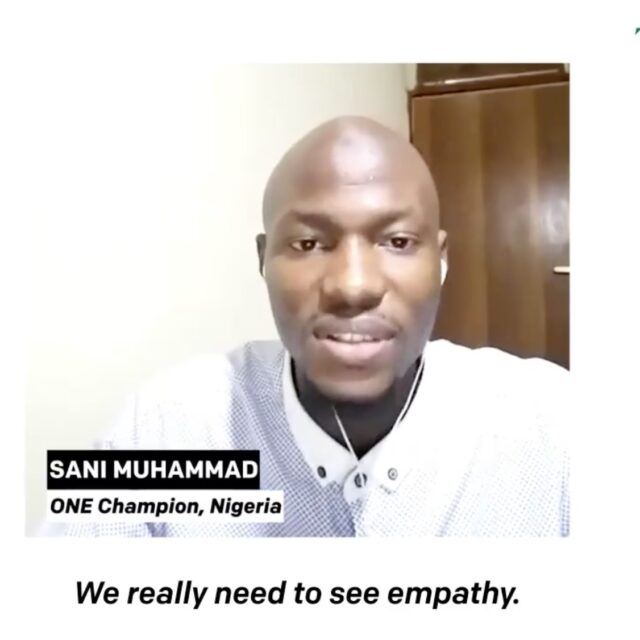We have an opportunity to rethink global systems and leadership during this transitional period, experts argued during a recent event.
“Remember that times of disruption allow us to rewrite some of the rules … We have the opportunity to actually reimagine some of the institutions that we have and lay the ground for the institutions we need,” explained Gayle Smith, CEO of the ONE Campaign and the former administrator of USAID.
Gayle was joined by former US Secretary of State Madeleine Albright, UN Envoy on Youth Jayathma Wickramanayake, and other youth activists and experts to discuss global leadership, activism, and the change that they would like to see during this time of disruption.
Here are some highlights from the conversation:
The lack of global leadership
Secretary Madeleine Alright and Gayle Smith both lamented the lack of global leadership during the COVID-19 pandemic. They noted that the G7, originally created for major powers to work together and address economic issues, hasn’t been that active recently. They also noted that the world and its problems have evolved since the creation of the United Nations — but the UN has not evolved with it.
ONE Youth Ambassador Sani Muhammad called for more empathy from global leaders, asking leaders to put themselves in the shoes of people they are representing.
UN Envoy on Youth Jayathma Wickramanayake agreed, saying there are four things we need from global leaders right now: truth, decisiveness, the use of technology for good, and empathy.
Power of youth
Jayathma pointed out the need for more representation for young people in global organisations like the United Nations and G-20.
“Right now, half of the world’s population is under the age of 30, but an average age of a parliamentarian is 55. And this divide is highest in for example Africa, where the median age is 19, but the median age of a politician is 66 years old,” she explained.
“We see this huge gap between those who are governing us versus those who are being governed.” This can lead to mistrust and political apathy, and pushes young people away from participating in formal political institutions.
However, Jayathma also pointed out the strong presence of young people protesting and demanding justice — from the US to Chile to South Sudan.
Mobilising citizens’ voices to create change
“We have more power than we sometimes think we do. So whether it’s organising, voting, joining organisations, holding leaders accountable … it’s all up to us,” Gayle Smith explains. “The G7 needs to understand there’s a G7 billion” of citizens who have a voice and power.
“We are in a very, very transitional period,” Secretary Albright explained. She described the current situation as a “dangerous time, but also a great opportunity to listen” and “to create some kind of an institutional structure that is able to mobilise.”
She urged global leadership to harness this “incredible enthusiasm for making a difference.”



